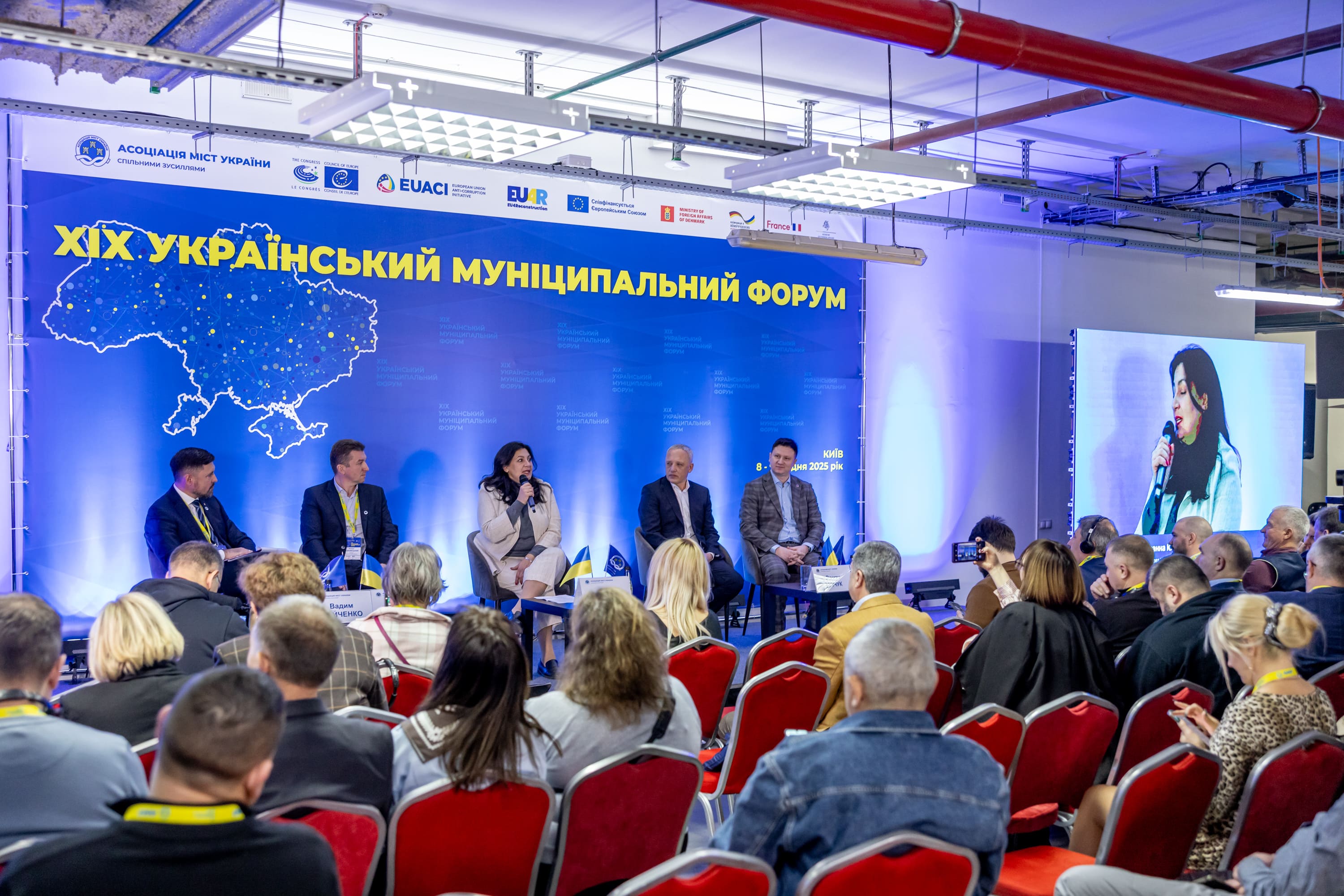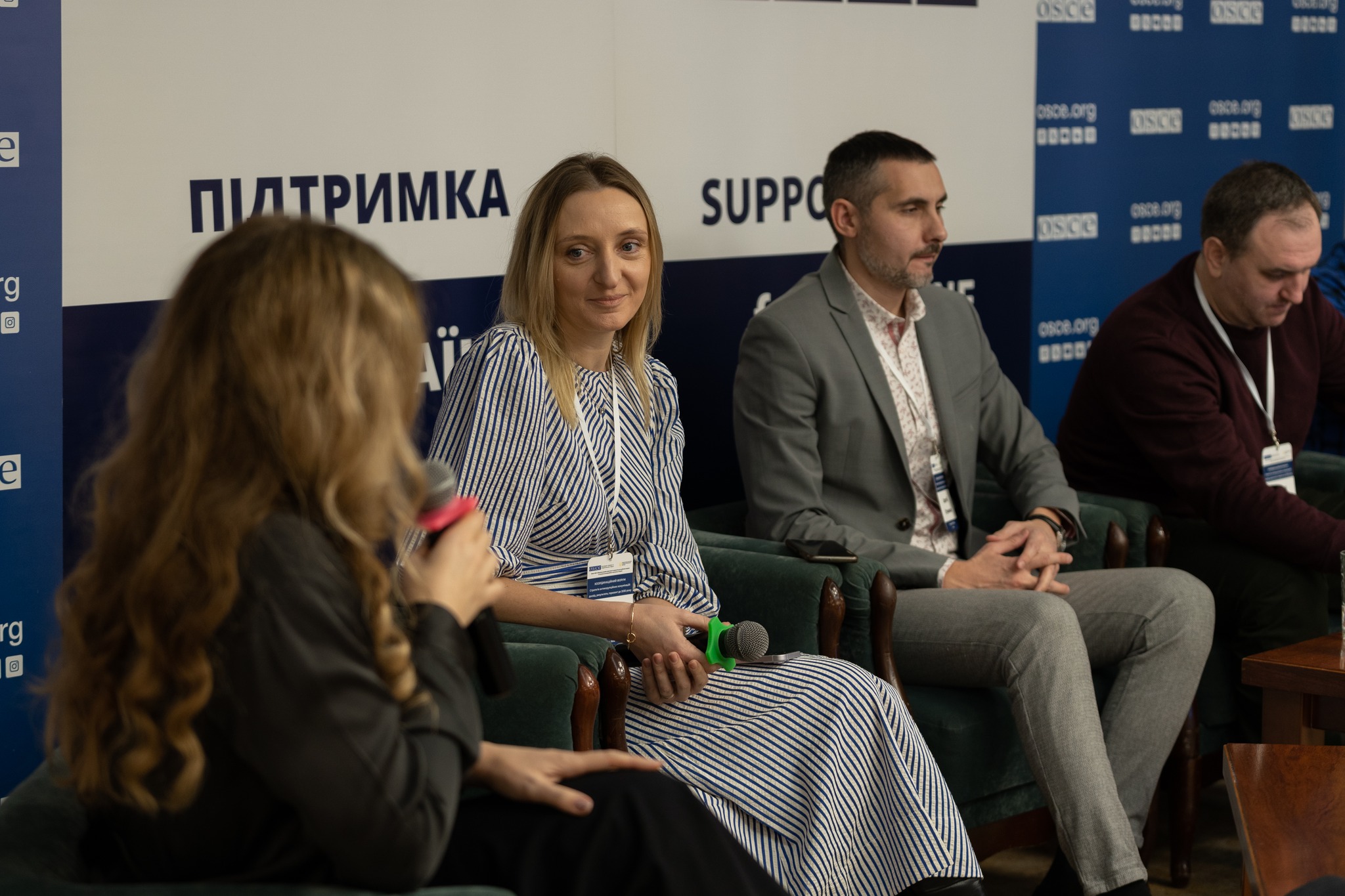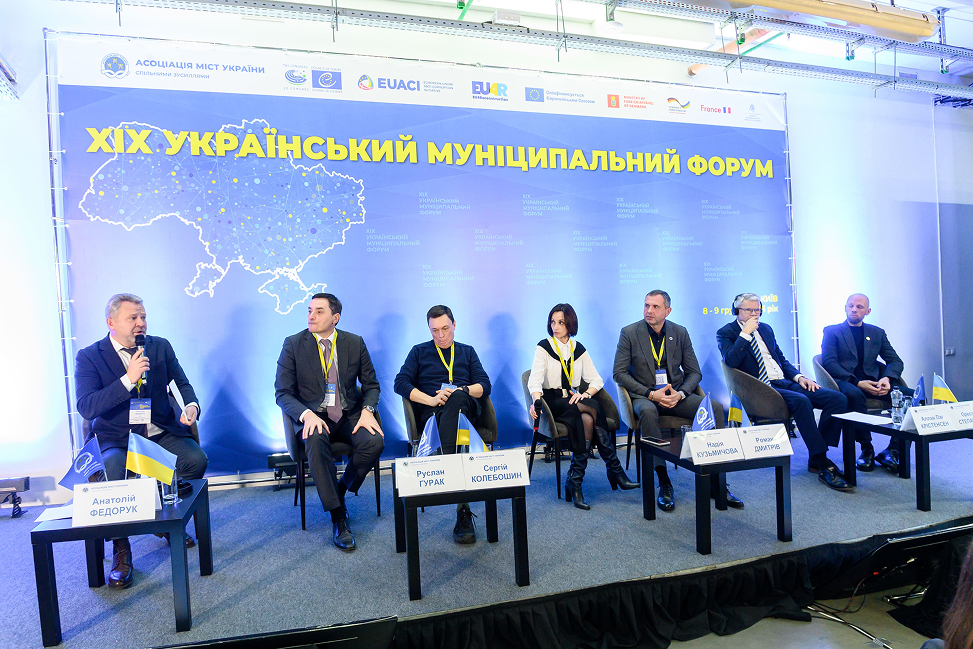Anders Samuelsen, Minister of Foreign Affairs of Denmark:
My visit to Kyiv this week comes as Ukraine marks the fourth anniversary of the bloodiest day of the Revolution of Dignity and honors the memory of the ‘Heavenly Hundred’ heroes who made the ultimate sacrifice in the hope to see Ukraine transform into a prosperous European democracy.
Four years later, the winds of change are still blowing through Ukraine. Despite Russian aggression, a devastating conflict and economic hardships, the appetite for reforms has not decreased. Preparing for the visit, I have once again ascertained myself of the importance of Ukraine’s ongoing changes – both for the future of this country with such a great potential – and for Europe.
Ukraine is among Denmark’s top foreign policy priorities. Since 2014, Denmark has been standing by Ukraine in the process of its democratic transition. In the framework of our new five-year Neighbourhood Programme, where Ukraine is one of only two focus countries, Denmark is assisting Ukraine in its reforms in the fields of good governance, human rights and sustainable and inclusive economic growth.
I am therefore also pleased that Denmark on 27 June this year in our capital of Copenhagen with Ukraine will be hosting the next Ukraine Reform Conference. Building on the results of the first such conference in London last year, this will be a high-level event, presided over by the Prime Ministers of Denmark and Ukraine, and convening international partners, representatives of international organizations, business and civil society.
We encourage Ukraine to regard the Conference as a “driver for change” and as an opportunity to present tangible and visible progress achieved since London. Good governance, including anti-corruption, and economic development will be key topics. For the international community, the Conference is also an opportunity to reaffirm our strong support for Ukraine and to develop our partnership. The main achievement of the Conference will be if it succeeds in facilitating significant reform progress before and after 27 June.
Being here in Kyiv I see how far Ukraine has already come in its transformation towards a modern European society. Ukraine is moving forward with implementation of the comprehensive Association Agreement and DCFTA with the EU. Ukrainian citizens were also granted visa-free travel to the EU countries, which served as a tangible benefit of Ukraine’s euro-integration.
Key legislation establishing a framework for reforms in the justice sector, public administration, decentralization and economic development was passed, followed by the adoption of critically needed social sector reforms in the areas of pensions, education and healthcare.
I do not think anyone expected that a reform programme of this magnitude would be easy, and it is not surprising that key challenges remain. In order to make Ukraine’s progress truly irreversible, full implementation of the reforms already adopted must be ensured, while at the same time moving ahead with new reform areas.
The reform process has reached a critical point and there are powerful forces who feel themselves threatened by the progress and are resisting. Some warn that there is a risk of backsliding. We must not allow this to happen. During the last year before the elections, the Ukrainian Government should be truly determined to deliver, even on ‘painful’ reforms, in order to prevent ‘reform fatigue’ and disillusionment among Ukrainians.
Key to a successful reform process is the fight against corruption. Ukraine has established anti-corruption institutions, launched the groundbreaking e-declarations system and increased transparency in public procurement through ProZorro. The Government must safeguard the independence and effectiveness of these new institutions. The establishment of an independent anti-corruption court is essential for further progress.
At the same time, we must not forget that reforms are undertaken against the difficult backdrop of ongoing Russian aggression. Denmark will continue to stand by Ukraine, rejecting the illegal annexation of Crimea and other violations of Ukraine’s sovereignty and territorial integrity.
Ukraine is on the frontline of Russia’s military intervention, but also a target of other forms of hybrid warfare: disinformation campaigns, cyber-attacks and economic pressure. By trying to undermine the pro-Western attitudes, Russia is pursuing a broader goal to erode European and Euro-Atlantic unity. Thus, our support to Ukraine in building resilience is crucial, especially in the run up to Ukrainian elections in 2019.
I believe that successful reforms in Ukraine is the best response to Russia’s aggression and disinformation. Through sustained reforms, Ukraine has the potential to flourish, to become a resilient, prosperous and well-functioning democracy and to realize the full potential of its people.
For Denmark and Europe, the success of Ukraine is of strategic importance and we remain fully committed to supporting the Ukrainian people’s desire for change and a future of their own choosing. The Conference on Ukrainian reforms in Copenhagen on June 27 will be a great occasion to reiterate this.
Link: Eurointegration


